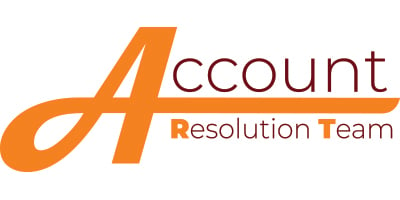At some point in your life, you may have wondered what it means to have your medical bills referred to a collection agency. If this does happen, there are short-term and long-term consequences. Let’s unravel any mystery by explaining why this happens and what it means for your credit if it does, what to do if it happens, and how to recover your credit.
Your overdue medical bills can be referred to a collection agency due to a complete lack of payment or if the monthly payments are not high enough to satisfy the medical provider. If you cannot come to an agreement with your provider to repay the balance, they will refer your debt to collections. Once the collection agency assumes the debt, it may report the outstanding debt to one or all of the three major credit bureaus (Experian, Equifax, TransUnion). While Equifax and TransUnion will immediately report the delinquent balance on their respective credit reports, Experian offers a six-month grace period before reporting the debt. It’s important to know that even if you pay off a past-due medical bill after being referred to collections, it will be present on your credit report for 7 years from the original date the account went delinquent.
If you encounter a medical debt you are unable to pay, there are a few things you should do in order to get yourself the best outcome. Before the debt is sent to collections, contact your medical provider or facility that you owe to discuss your payment options. Some places may be willing to cooperate with you by offering repayment plans that do not involve a collection agency. You should always try this option first since it is the best option for your credit history. However, if the debt has already made its way to collections, you can take the following steps:
- First, do not delay and contact the collections agency now responsible for your debt. Work out a payment plan. If full repayment isn’t possible many agencies will opt for partial repayment. As far as your credit is concerned it looks far better to settle a debt with collection rather than leaving it unpaid, the sooner the better.
- Second, be aware of the statute of limitations on your debt, this can vary by state but is typically limited to 7 years. If the debt exceeds this statute, collectors are no longer allowed to recoup the debt.
- Third, once you pay off the debt fully or partially, check in on your credit report often to make sure that those changes have been reported and reflected in your credit score. Paying off the balance of a collection will not fully recover your credit score, but it will improve it.
- Lastly, if you find any inaccurate information regarding your repayment of the debt, you can dispute it.
Now that you’ve paid off your medical debt, it’s time to rebuild your credit, and here are some steps to take for immediate improvement: Pay off any outstanding past debts. Once all your debts are current, don’t be late on any accounts, and be sure to make all future payments on time. Lower your credit utilization rate by fully paying off your credit card balances every month. Credit utilization rate (the amount of credit you’re using divided by the total credit you have available across all accounts) is one of the most important factors in determining your FICO credit score. Don’t let an instance with medical debt and a collection agency define and limit your credit; follow the steps above, and your credit will continue to recover and improve.
Depend on how Account Resolution Team for advice on your credit wellness. Be sure to follow us on Facebook, LinkedIn, and Twitter and see our other blogs at: www.accountresolutionteam.com

